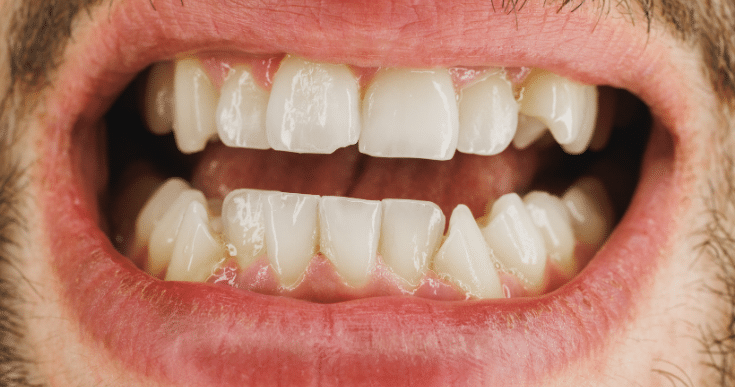
Good oral hygiene is essential to maintaining overall health and well-being. Poor oral hygiene, however, can lead to various health issues, including an increased risk of developing heart disease. In this article, we’ll discuss how poor oral hygiene causes heart disease and what you can do to protect your cardiac health.
What is Heart Disease?
Heart disease refers to any conditions that affect the functioning of the heart or arteries, including coronary artery disease (CAD), congestive heart failure (CHF), and arrhythmias. These conditions can lead to serious health complications, including stroke, heart attack, or sudden cardiac death.
Risk Factors of Heart Disease
Risk factors for developing heart disease include family history, age, lifestyle choices (such as smoking), and poor oral hygiene. Poor dental care can increase your risk of developing cardiovascular problems in two ways: firstly, by causing inflammation from bacteria found in the gums, and secondly, through bacteria entering the bloodstream and traveling to other parts of the body.
Preventing Heart Disease
Fortunately, there are many steps you can take to reduce your chances of developing heart disease – even if poor oral hygiene is an issue.
Brush and floss your teeth twice daily, paying special attention to the gum line. Your dentist can also advise you on which toothbrush is best for your needs.
Visit a dentist near you regularly – at least every six months – for a checkup and professional cleaning. This will help keep bacteria levels in the mouth low, reducing inflammation in the gums and your risk of developing heart disease.
Treating Poor Oral Hygiene
If poor oral hygiene is an existing problem, treatments are available to help address it. Dental scaling and root planing (SRP) may be recommended if deep pockets have developed around the teeth due to plaque build-up and gum disease. In some cases, antibiotics may also be prescribed.
The Link Between Poor Oral Hygiene and Heart Disease
Research suggests that poor oral hygiene increases your risk of developing heart disease. Bacteria from the mouth can enter the bloodstream through inflamed gums, where it is then transported throughout the body. In some cases, this bacteria can reach the heart, leading to inflammation and an increased risk of cardiovascular complications such as stroke and heart attack.
Impact of Poor Oral Hygiene on the Heart
Poor oral hygiene can have a significant impact on your cardiac health in many ways, including:
1: Bacterial Endocarditis
Bacteria found in the mouth can enter the bloodstream and travel to other parts of the body, where they can settle in the heart valves and other tissues. This is known as bacterial endocarditis and can lead to serious complications such as stroke or heart attack. Regular dental checkups are essential for preventing this from happening.
2: Inflammation
Bacteria in the mouth can cause inflammation in the gums, leading to clot formation and damage to the artery walls. This increases your risk of developing cardiac problems such as heart attack or stroke.
3: Bacterial Infections
Bacteria found in the mouth can also spread to other parts of the body, potentially leading to infections that impact on cardiac health. Bacterial pneumonia, for example, is a condition linked to poor oral hygiene.
Conclusion
In conclusion, poor oral hygiene increases your risk of developing heart disease in several different ways. Regular visits to your dentist are essential for preventing and treating dental issues before they have an impact on your overall health. Additionally, following a healthy diet and lifestyle can help to reduce your risk of developing heart disease.
FAQs:
A: Poor oral hygiene increases your risk of developing heart disease in several different ways, including bacterial inflammation, bacterial endocarditis, and bacterial infections.
A: To reduce your chances of developing heart disease due to poor oral hygiene, brush and floss your teeth twice a day and visit your dentist regularly for checkups and professional cleaning. Additionally, following a healthy diet can also help reduce your risk.
A: Dental scaling and root planing (SRP) may be recommended if poor oral hygiene is already a problem. In some cases, antibiotics may also be prescribed. Additionally, surgery may be required to correct any damage that has already occurred.




